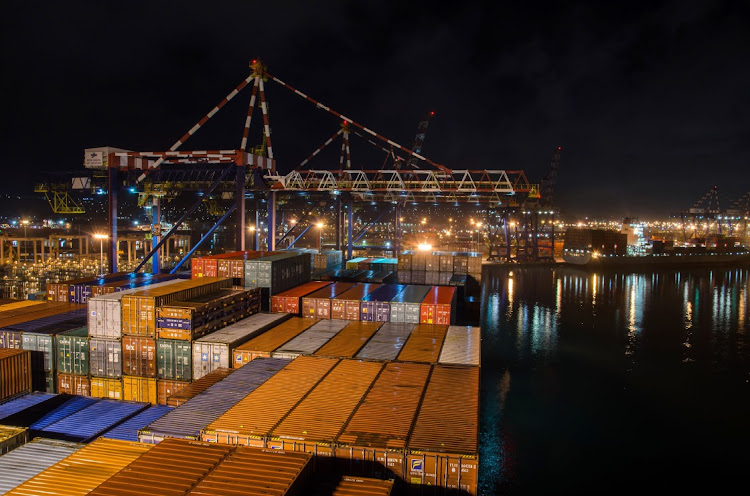Why are we not more bullish about SA?

It’s a question of populism or pragmatic choices that will determine the impact of this reform progress on confidence and, ultimately, economic growth expectations
Economic growth forecasts remain modest over the medium term, and are not reflective of the potential impact of economic reform.
There are two reasons for this disjoint between growth expectations. The first is driven by the possibility of an unstable and policy-unfriendly coalition government after next year's elections. The second is historical — the fact that the government has a terrible track record in implementing its own economic reforms.
Both reasons are valid and are delaying the recovery in confidence despite some improvement in economic reforms.
Operation Vulindlela, a joint initiative between the Presidency and National Treasury set up in 2020, provided a progress update for the second quarter of this year. There are noticeable improvements compared to the first quarter update, with four key achievements.
First, Transnet has completed the selection of a private partner for the container terminal at the Durban port, responsible for the majority of container shipping in the country.
Second, nine independent power producer projects from bid window 5 have reached financial close, with four expected to have closed by August and a further three reaching financial close by the end of this month.
There has also been a decent improvement in Eskom’s electricity availability factor (EAF) during the second quarter of the year, against expectations for stage 8 load-shedding, which did not materialise.
Even though part of the reason is the increased use of diesel generators, one could argue that the cost of load-shedding to the economy is far higher than the cost of diesel. It’s a case of fiscally doomed if the use of diesel increases and economically and — eventually — fiscally doomed if less diesel is used but load-shedding increases and economic growth slows.
“It’s a question of populism or pragmatic choices that will determine the impact of this reform progress on confidence and, ultimately, economic growth expectations”
The third achievement is that the National Water Resource Infrastructure Agency Bill was approved by cabinet in June, which will open better regulation of the water sector.
The fourth is that the department of home affairs is expanding its visa waiver programme to reach all countries with which South Africa has diplomatic ties, which should boost the tourism sector in future.
Two new reforms have also seen some progress.
First, the gazetting of the final date for switching off analogue spectrum and enabling the release of licensed spectrum by mobile operators — frequencies above 694 megahertz were switched off in all provinces by the end of July.
Second, the set out of reforms to visa regulations. All considered, out of the 35 activities initially listed under Operation Vulindlela, 11 have been fully completed and a further nine are still on track. This represent a 57% success rate if one considers progress and completed activities to be success.
If one considers the history of policy implementation, remaining on track for completion of projects is success. With this in mind, medium-term growth forecasts remain muted and nowhere close to reflecting this progress.
The historical failure to implement reforms has left forecasters and businesses burned. Elections next year have the potential to usher in a coalition government. The question will be whether that coalition government will speed up, stall, or reverse the existing reforms.
It’s a question of populism or pragmatic choices that will determine the impact of this reform progress on confidence and, ultimately, economic growth expectations.
